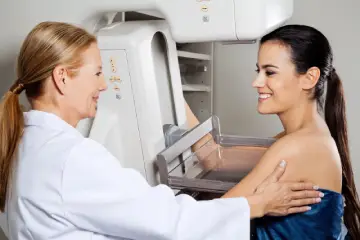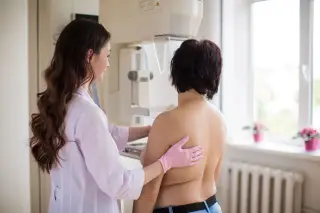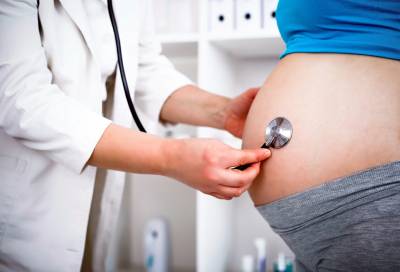Cervical Cancer
Cervical Cancer Q & A
What is cervical cancer?
Cervical cancer occurs when your body’s cervical cells divide rapidly and grow out of control, forming a tumor. This type of cancer begins in the cervix, or the lower part of your uterus that connects to the vagina.
Each year, cervical cancer affects about 12,000 women. Though all women are at risk, this type of cancer most often develops in women age 30 and older.
What causes cervical cancer?
Certain high-risk strains of human papillomavirus (HPV) cause most cases of cervical cancer. HPV is the most common sexually transmitted disease (STD) that spreads through vaginal, anal, or oral sex.
Most HPV infections never cause problems and go away without treatment. HPV that doesn’t resolve on its own may cause cervical cancer over time.
How do I know if I have cervical cancer?
Cervical cancer may not cause any signs or symptoms in its early stages when the disease is most treatable. Advanced cervical cancer may cause abnormal vaginal bleeding or discharge. However, these symptoms may result from a completely different condition, such as fibroids.
The only way to know for sure if you have cervical cancer is to see your provider at The Women’s Center. They screen for cervical cancer with routine Pap tests, which detect abnormal changes to your cervical cells that may lead to cancer.
If you’re over 30, the team at The Women’s Center may screen for HPV at the same time as your Pap test.
Most cases of cervical cancer are preventable with early detection and treatment that’s made possible by Pap tests.
How often should I get screened for cervical cancer?
How often you need cervical cancer screening depends on your age and medical history. During your annual well-woman visits, the team at The Women’s Center discusses your risk factors for cervical cancer. Then, they recommend a schedule for cervical cancer screening based on your unique needs.
Most women can follow the following schedule for cervical cancer screening:
- Pap test every three years if you’re age 21-29
- Pap test and HPV test together every five years if you’re age 30-64
- Pap test alone every three years if you’re age 30-64
Women age 65 and older should discuss cervical cancer screening with their provider at The Women’s Center.
To learn more about cervical cancer screening and prevention, call The Women’s Center or book an appointment online.
We Provide You With The Best Services

Mammogram
Learn
More
Routine mammograms are the best way to find breast cancer early when it’s most treatable. The expert OB/GYN team at...




